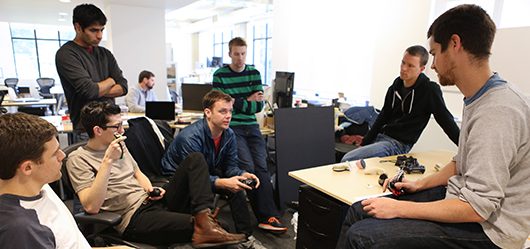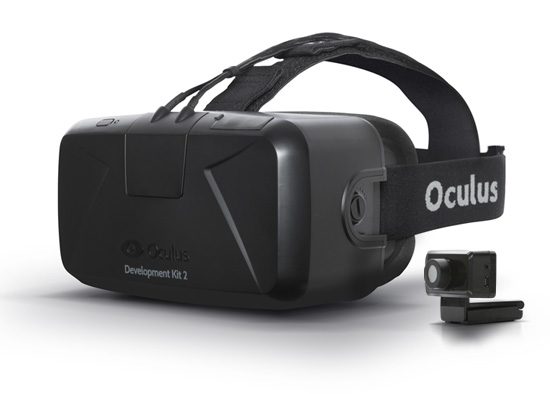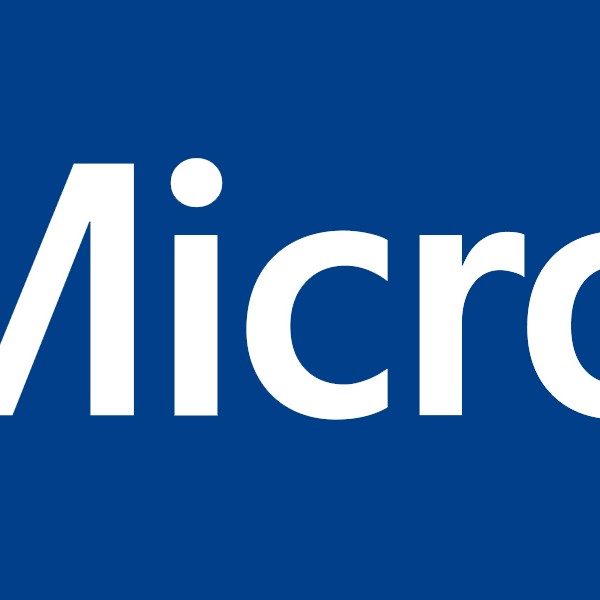It seems that since Facebook bought Oculus VR back in March, Oculus has been continuing to grow with the talent and expertise that they bring on to work on their VR technology. Today a report from GamesIndustry International, mentions that Oculus has acquired the Seattle based design team, Carbon Design Group, who was behind the Microsoft Xbox 360 controller. This makes it the first purchase for Oculus and they also mention that they have been working with Carbon Design Group “for nearly a year on multiple unannounced projects.”
A recap of the talents that Oculus has brought to the team to work on the VR technology include the following, Jason Rubin, former Valve director of business Jason Holtman, former Halo art director Kenneth Scott, Google Glass staffer Adrian Wong, and the recent one to join the team was former Senior Programmer at Supergiant Games (Bastion, Transistor) Chris Jurney. No word yet on what the price and terms will be with this purchase of Carbon Design Group, but the deal is expected to close this summer.
“We’re thrilled to announce that we’ve agreed to acquire the Carbon Design team, one of the premier industrial design and product engineering teams in the country, with over 50 awards to their name,” the Oculus VR team mentions on their blog. “As part of the deal, the team will officially become a key component of the product engineering group at Oculus, operating from the Carbon studio in the Seattle area. They’ll also be working closely with the Oculus R&D team based out of Redmond.”
“This is an entirely open product category. With consumer VR at its inception, the physical architectures are still unknown – We’re on the cutting edge of defining how virtual reality looks, feels, and functions. We’re incredibly excited to be part of the team and we’re looking forward to helping design the future,” said Creative Director at Carbon Design, Peter Bristol.
The new version, Oculus Development Kit 2, is selling for $350 and can be pre-ordered, and expected to ship out in July. Oculus unveiled the prototype headset called, “Crystal Cove,” at CES back in January, which has since made improvements.
Play games, take surveys and take advantage of special offers to help support mxdwn. Every dollar helps keep the content you love coming every single day.



